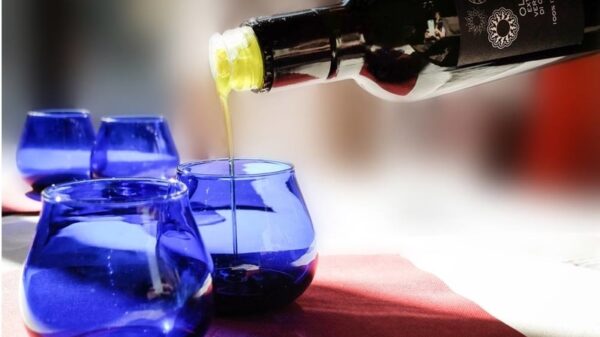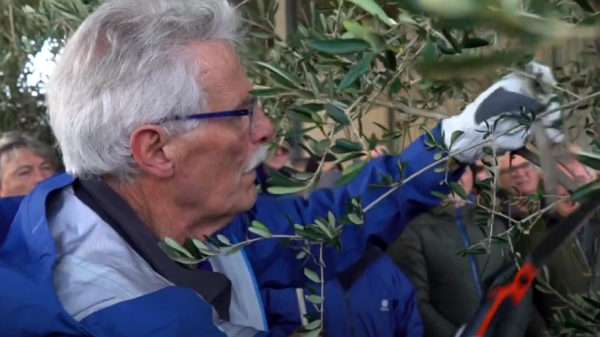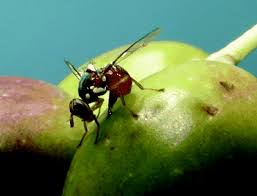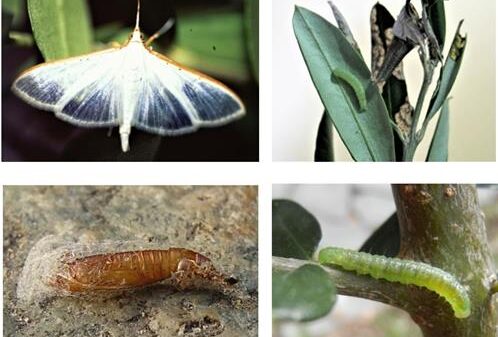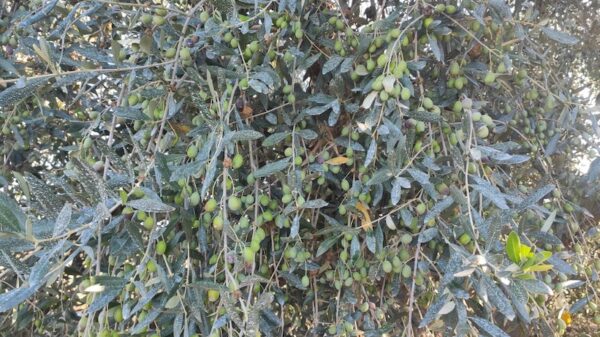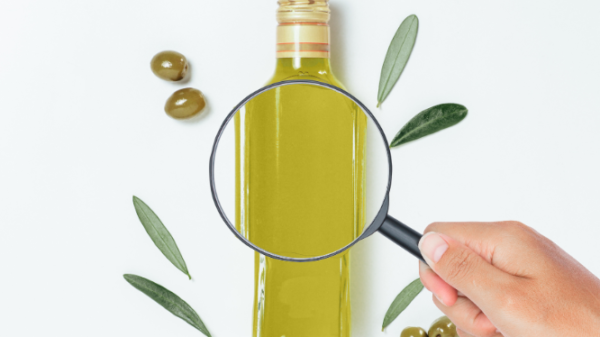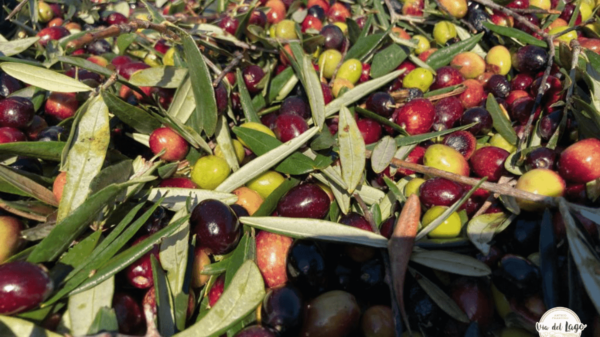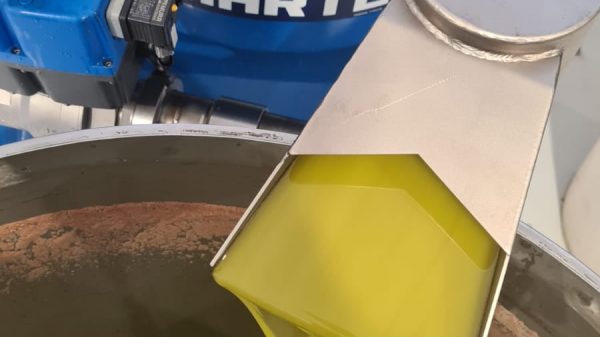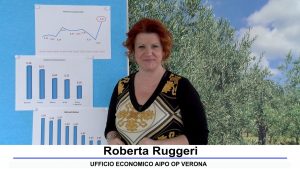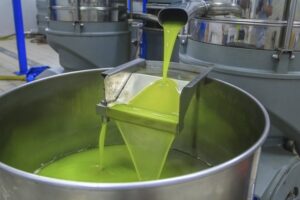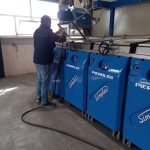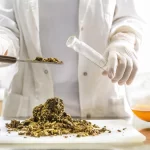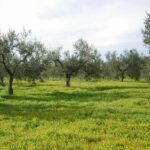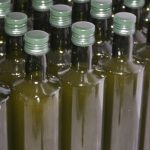Encouraging signs have recently appeared that hint at a potential revitalization of traditional olive growing production systems and landscape value. The reform of the Common Agricultural Policy (CAP 2023-2027), with eco-schemes and green architecture, the Farm to Fork with the push towards sustainable production systems and the PNRR with specific support measures for businesses, can other trigger a virtuous path.
At the same time, the dynamics of the market, with growing sensitivity and interest in the quality and distinctiveness of the productions, act as a support element and create a favorable context for a new and modern olive-oil entrepreneurship.
These topics will be discussed during a conference organized by theNational Academy of Olive and Oil, having a Back in Abruzzo in Casoli (Chieti), Friday 9 June 2023, by title: "Fragility and resilience of the traditional olive growing systems of the Apennines".
The conference – supported by Pieralisi – deals with the problems and opportunities of production systems characterized by marked land fragmentation, by prevalent location in areas other than the irrigated plain, by a high landscape and environmental value and composed mainly of native varieties. These olive groves are generally of medium or low productivity and are often cultivated with minimum tillage practices and subject to the risk of abandonment.
The challenge to be faced in the medium and long term is therefore that of create the conditions for dissemination on the territory of successful business models, taking advantage of the opportunities provided by the presence of abundant olive groves and with a heritage of traditional varieties with high commercial value. The hope of the organizers is that the comparison between scientists, technicians, economic operators and public institutions can provide useful indications and ideas for identifying a path for the relaunch and modernization of traditional olive growing, otherwise destined to be marginal from an economic point of view.
Starting at 9.00, these are the speeches after the institutional greetings:
Rossano Pazzagli, University of Molise, Campobasso
"Between history and tourism: the economic, environmental and landscape role of the olive tree in central and southern Italy" ;
Maria Rosaria Pupo D'Andrea and Antonio Giampaolo, CREA PB
"Traditional olive growing in the suitable regions of central-southern Italy: structural characteristics, evolution and lines of intervention for the relaunch of production" ;
Enrico Maria Lodolini, CREATE;
“Extraordinary interventions for the reform and vegetative-productive regeneration of traditional and landscape olive groves”
Franco Famiani, University of Perugia
“Agronomic and management techniques to optimize the production of traditional and landscaped olive groves”
Silverio Pachioli, Agricultural Institute of Scerni
“Alternative and complementary methods to classical chemical defense in the phytosanitary management of traditional and specialized olive groves”
Maurizio Servili, University of Perugia
“Innovations in the management of olive oil extraction technologies”
Angelo Cichelli, University of Annunzio CH -PE
"Composition characteristics of oil production from traditional and innovative systems in Abruzzo"
Mauro Meloni, CEQ
“Product quality and valorisation policies of productions from traditional olive groves” Dr. ;
